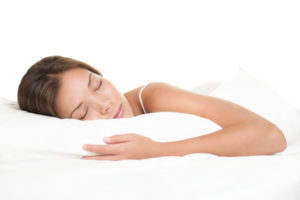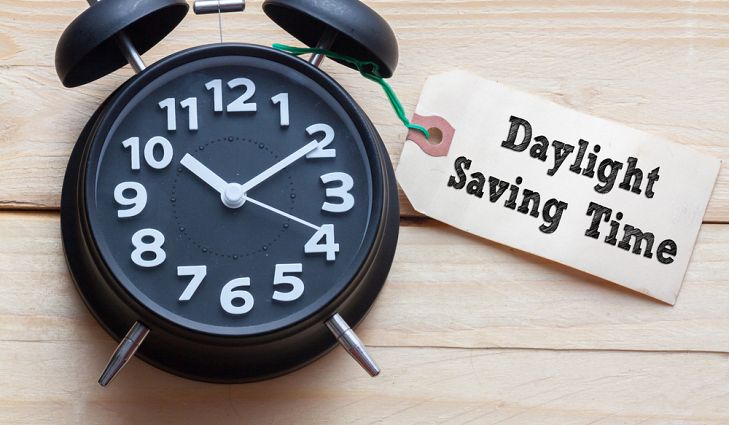While many people are looking forward to gaining an extra hour of sleep with Daylight Savings, there are also some negative aspects that come along with time change that can actually harm your sleep. To make sure you’re continuing to get a proper night’s rest, despite the time change, follow these tips:
Sleep the Correct Amount
The amount of sleep you get every night is extremely important. Sleep is how your body recharges itself to provide you energy to get through the next day, plus it helps your immune system to fight off any illness. Not enough or too much sleep can be detrimental to both your productivity and overall health. The amount of sleep you need depends on your age range.
With Daylight Savings, there is less sunlight making the days feel shorter. Often, people will feel more tired during this time of year because of the increased amount of darkness. However this should not be an excuse to oversleep, as oversleeping is just as bad for your body as lack of sleep. An easy fix is to have a set bedtime and time to wake up. Getting yourself into a routine will make getting the correct amount of sleep much easier.
Manage Your Surroundings

Your bedroom should aid in helping you fall asleep rather than provide distractions and limits on how well you sleep. Knowing your personal preferences helps a lot in making sure your surroundings are best suited to your needs. If complete silence is unnerving to you and prevents you from falling asleep, download the White Noise app for some relaxing background noise.
Light is another common issue for people when it comes to sleep. Some prefer their room to be pitch dark, while others need a slight amount of light. Having sleeping masks and a night light handy is helpful for people who share rooms and have differing preferences. To prevent bright street lights from waking you, hang blackout curtains over your bedroom windows to keep the outside out.
Have a Good Base

In addition to your bedroom’s environment, you want to make sure your actual bed isn’t deterring you from being able to sleep soundly. If you find yourself unable to get comfortable at night, it might be time to replace your mattress. Without a comfortable mattress, you won’t be getting a full and restful night’s sleep.
Once your base is settled, make sure to adorn it with accessories that match your sleep preferences. If you find yourself warm at night despite the chilly weather, look for moisture wicking sheets to keep you cool. Or if you’re always cold, have extra blankets nearby and flannel sheets.
Limit Electronics
By now we all know that having electronics in your bedroom is detrimental to your sleep cycle. Even though you should keep your phone away from your bed, it’s become unrealistic since many people use them as alarm clocks and for white noise. Still, you shouldn’t let the other features of your phone harm your sleep. The simple fix is to set it to ‘Do Not Disturb’ so you aren’t bothered unnecessarily by notifications.
As for other electronics, when settling into bed for the night you should be sure to keep your television off as the flashing lights are intrusive to your REM cycle. E-books are helpful for those who like to read at night, but time spent on them (and scrolling through social media on phones) should be limited so the light isn’t counterproductive to helping you fall asleep.
Getting that extra hour of sleep with Daylight Savings is helpful to many, but the larger impacts of time change can actually be harmful. Don’t let the increased amount of darkness negatively impact your sleep by taking necessary steps to ensure a restful night’s sleep.
